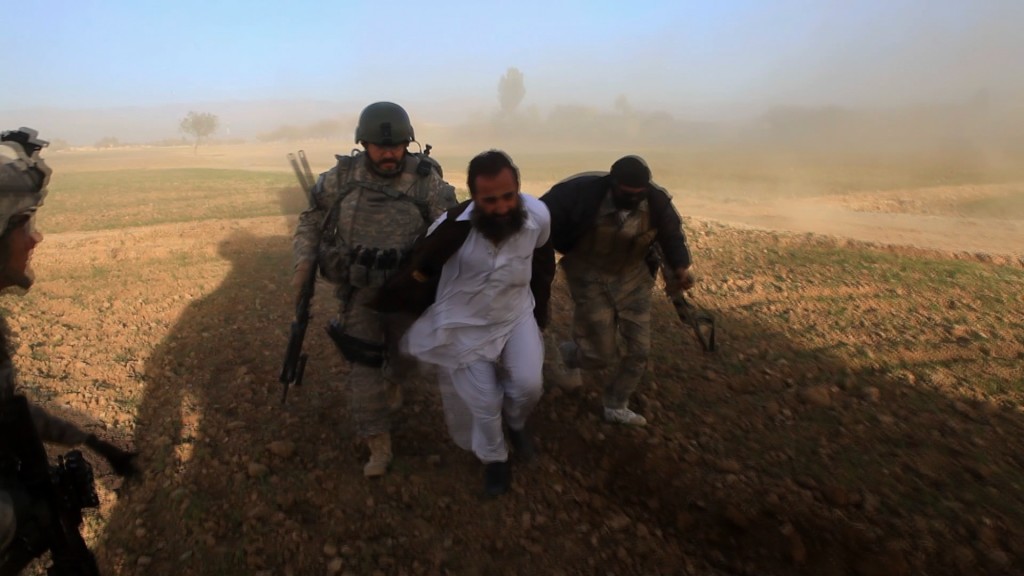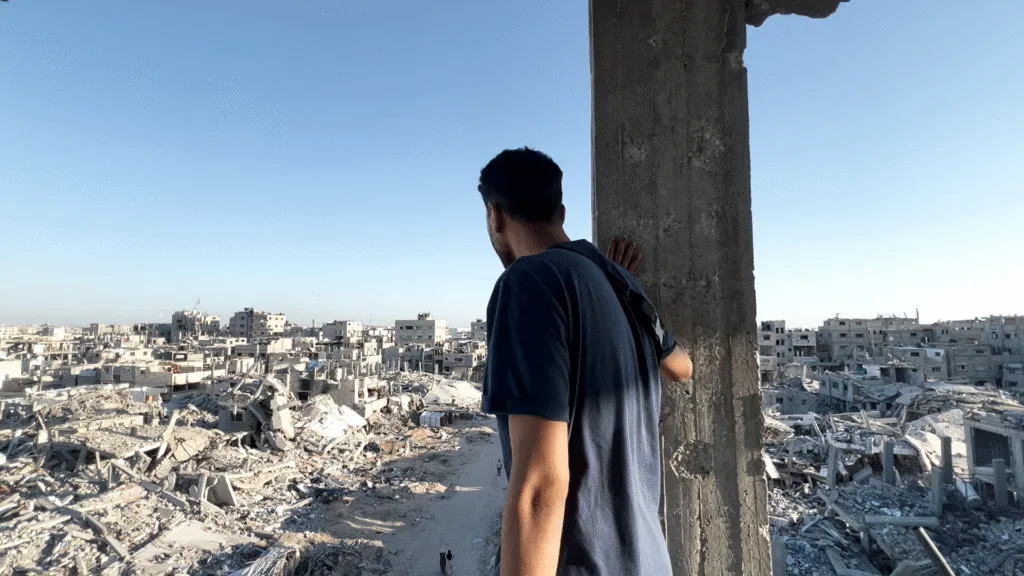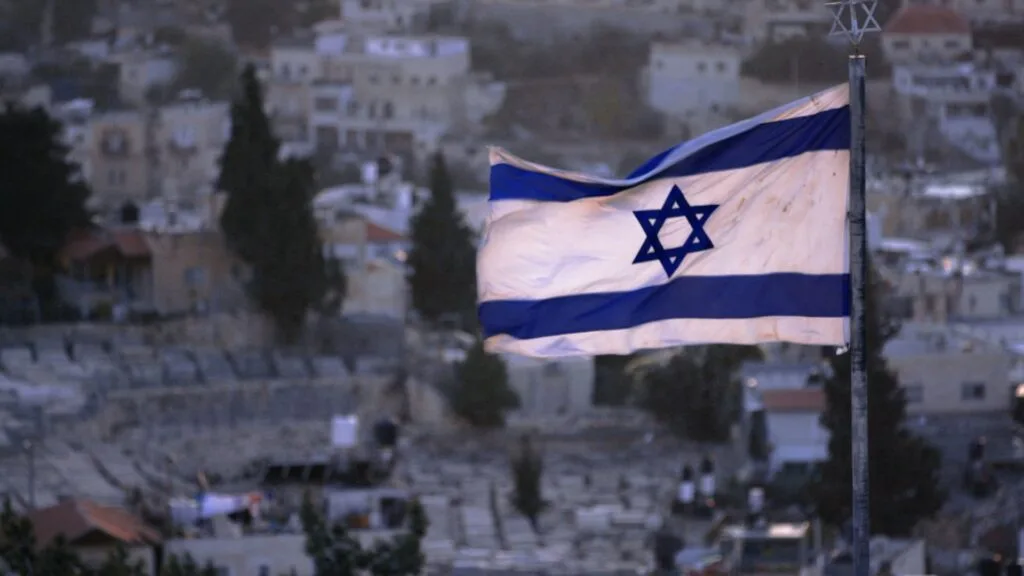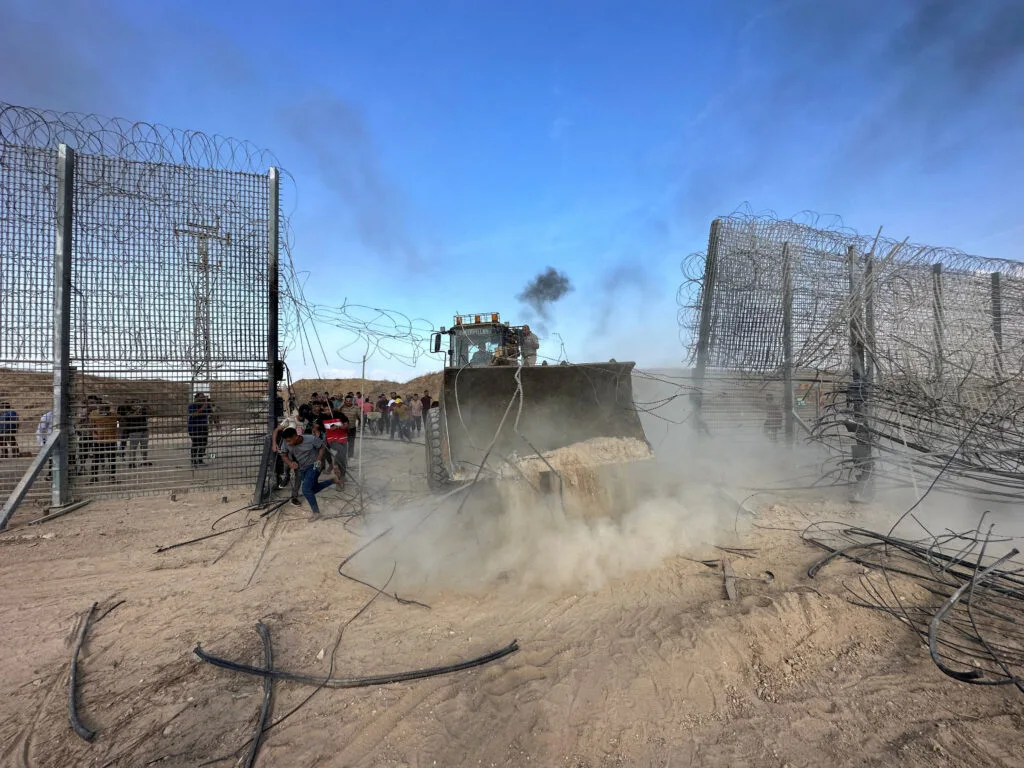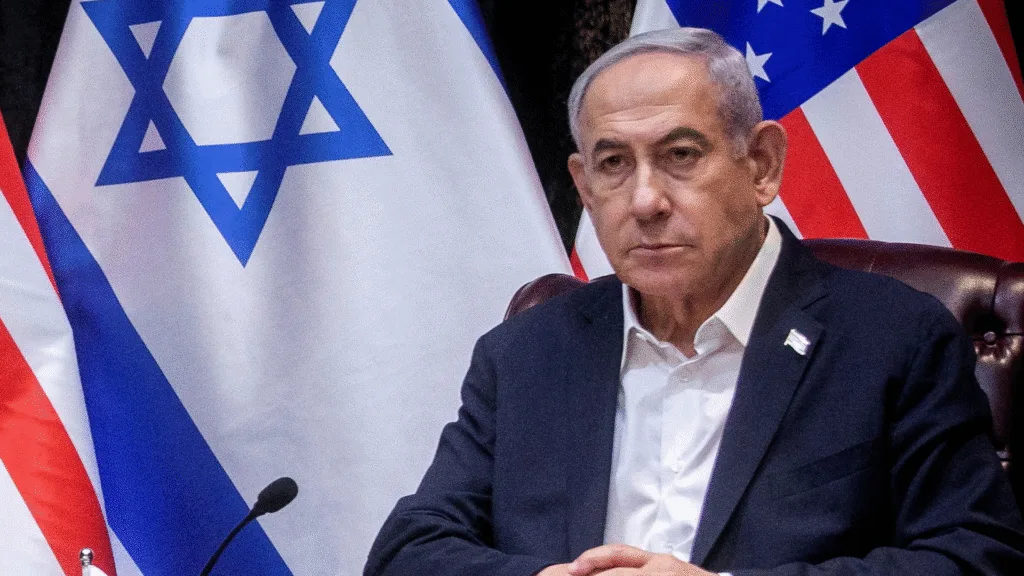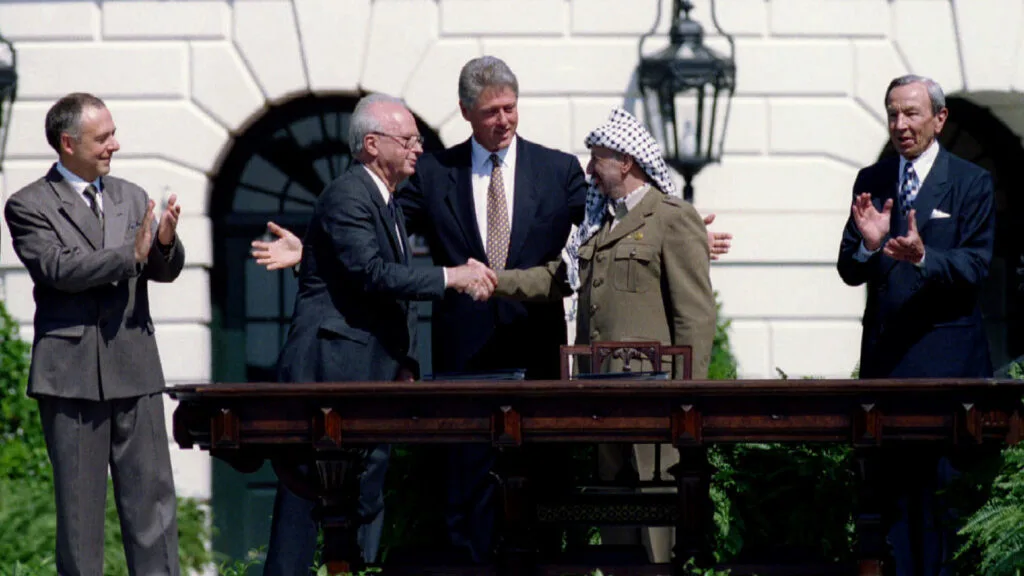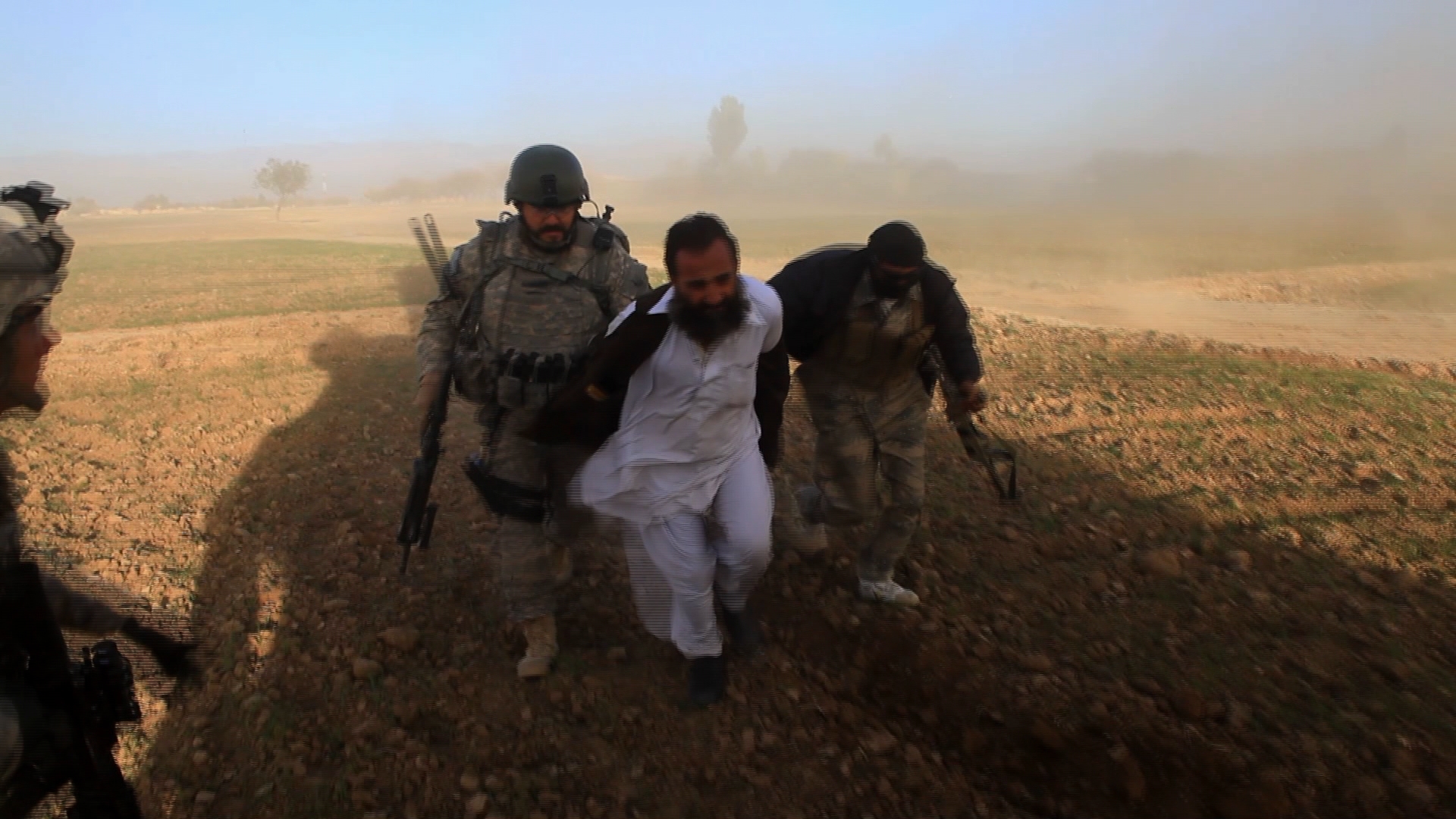Could Night Raids Return to Afghanistan?
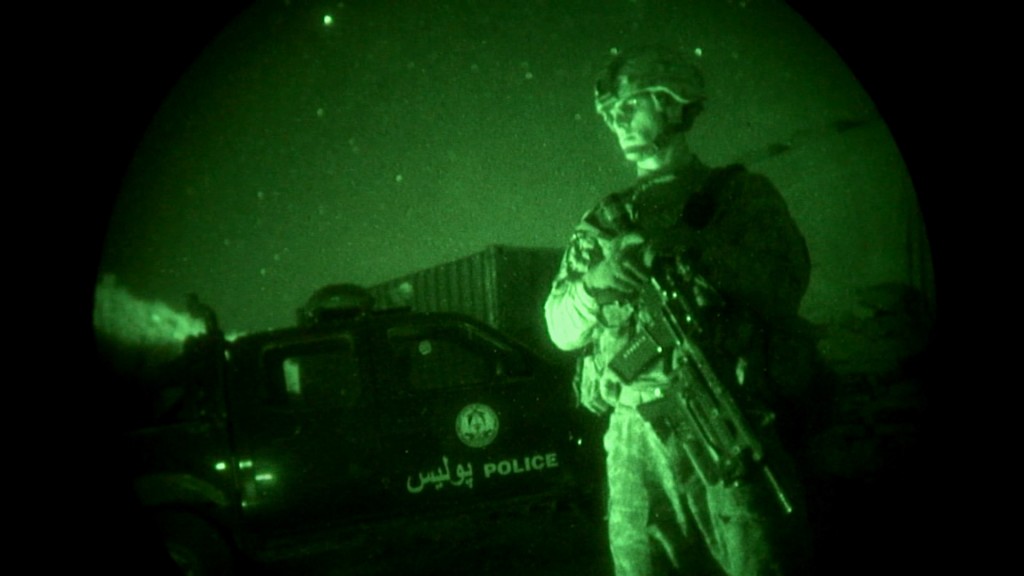
November 24, 2014
Share
Afghanistan’s government, under the new leadership of President Ashraf Ghani, has lifted a ban on night raids imposed by his predecessor, according to The New York Times.
The raids, a controversial tool in the fight against the Taliban, are meant to target insurgents and high-level leadership, but they were effectively brought to end by Afghanistan’s former president, Hamid Karzai. As The New York Times reported Sunday:
Afghan National Army Special Forces units are planning to resume the raids in 2015, and in some cases the raids will include members of American Special Operations units in an advisory role, according to Afghan military officials as well as officials with the American-led military coalition.
U.S. troops will continue to train and advise the Afghan National Security Forces, according to the report, possibly providing functions such as air support, intelligence, transportation and communications.
In the 2011 investigation Kill/Capture, FRONTLINE reported that “botched raids and harrowing accounts from Afghan citizens have sparked protests and raised serious questions about whether the raids are alienating the local population in ways that fuel the insurgency.”
“These people come in the middle of the night,” one Afghan local told FRONTLINE. “They break into houses. They bring dogs with them. They drag women out of the house. This is an offense to Islam.”
Another said, “If the Taliban were hiding in my house, I wouldn’t tell you. They don’t dishonor our women, but your friends do.”
Watch Kill/Capture:
Karzai repeatedly called for an end to night raids, saying in November 2011, “All night raids and searches of Afghan homes should stop immediately.” That same year, two Kandahar-based researchers compiled a report [PDF] based on coalition press releases, which recorded 3,873 individuals killed and 7,146 detained between Dec. 1, 2009 and Sept. 30, 2011.
In 2013, as Afghan tribal leaders were meeting to consider a bilateral security agreement, President Barack Obama wrote to Karzai saying, “U.S. forces shall not enter Afghan homes for the purposes of military operations, except under extraordinary circumstances involving urgent risk to life and limb of U.S. nationals.”
The resumption of night raids comes amid an uptick in Taliban attacks in recent months; a suicide bomber killed 45 people at a volleyball match over the weekend — the deadliest such attack since Ghani took office.
Afghanistan’s new government has been more cooperative with the United States, with Ghani signing two security agreements that would keep U.S. troops in the country as soon he took office at the end of September.
“They have a new president now that embraces the international community, that doesn’t lambaste you but says: ‘We are very thankful for your sacrifices. We are very thankful for what you helped provide for Afghanistan,'” U.S. Army Gen. John Campbell, who commands U.S.-led coalition forces in the country, told The Wall Street Journal earlier this month. “That’s a huge difference.”

Related Documentaries
Latest Documentaries
Related Stories
Related Stories
Explore
Policies
Teacher Center
Funding for FRONTLINE is provided through the support of PBS viewers and by the Corporation for Public Broadcasting, with major support from Ford Foundation. Additional funding is provided the Abrams Foundation, Park Foundation, John D. and Catherine T. MacArthur Foundation, Heising-Simons Foundation, and the FRONTLINE Trust, with major support from Jon and Jo Ann Hagler on behalf of the Jon L. Hagler Foundation, and additional support from Koo and Patricia Yuen. FRONTLINE is a registered trademark of WGBH Educational Foundation. Web Site Copyright ©1995-2025 WGBH Educational Foundation. PBS is a 501(c)(3) not-for-profit organization.
